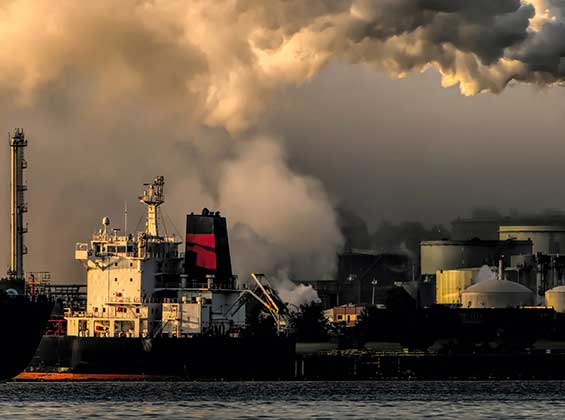- +1 (202) 438-6441
- earthregenerativeprojectsl@gmail.com
-
32 Wallace Johnson St Freetown SL

Preserve Wildlife
- $0 Raised Of $0
Preserving wildlife is of paramount importance in the context of climate change for several compelling reasons. Biodiversity plays a critical role in maintaining the health and resilience of ecosystems. Diverse ecosystems are better equipped to adapt to the impacts of climate change, such as extreme weather events and shifting temperatures. Various species within an ecosystem contribute to its stability, ensuring that essential ecological functions continue to operate effectively.
Wildlife conservation is closely tied to carbon sequestration and storage. Natural habitats like forests, wetlands, and grasslands act as valuable carbon sinks. Trees, for example, absorb carbon dioxide (CO2) during photosynthesis and store it in their biomass and soil. Preserving these habitats not only safeguards the biodiversity within them but also helps maintain their capacity to capture and store carbon, contributing to the mitigation of climate change.
Climate change is a global challenge that demands urgent action. Mitigating greenhouse gases is not a choice; it's our responsibility to protect the planet for future generations."
Moreover, wildlife and their habitats provide crucial ecosystem services that aid in climate change adaptation. Coastal ecosystems like mangroves and coral reefs act as natural barriers against rising sea levels and storm surges, protecting vulnerable communities. Wetlands and forests help regulate water cycles, reducing the risk of floods and droughts, which are becoming more frequent and severe due to climate change.
Important‼ preserving wildlife can foster a sense of stewardship and connection to the environment among communities and individuals. When people see the beauty and value of wildlife, they are more likely to engage in sustainable practices, support conservation efforts, and advocate for policies that address climate change.
Reduce Greenhouse GasesReducing greenhouse gas emissions is crucial to combat climate change and limit global warming. Here are some effective strategies to help achieve this goal.
Greenhouse gases pose significant dangers to our planet and its climate system. These gases, including carbon dioxide (CO2), methane (CH4), and nitrous oxide (N2O), are essential for trapping heat from the sun and maintaining Earth's temperature at a habitable level. However, when their concentrations in the atmosphere increase due to human activities like burning fossil fuels, deforestation, and industrial processes, they enhance the natural greenhouse effect, leading to several adverse consequences.
Climate change is a global challenge that demands urgent action. Mitigating greenhouse gases is not a choice; it's our responsibility to protect the planet for future generations."
First and foremost, elevated levels of greenhouse gases contribute to global warming and climate change. The Earth's average temperature is rising at an accelerated rate, causing shifts in weather patterns, more frequent and severe heatwaves, droughts, and extreme weather events like hurricanes and wildfires. These changes disrupt ecosystems, threaten food and water security, and can lead to the displacement of communities.
The melting of polar ice caps and glaciers due to global warming results in rising sea levels. Higher sea levels increase the risk of coastal flooding, endangering coastal communities and ecosystems. This can lead to the loss of valuable land, infrastructure, and human settlements.
The impacts of climate change extend to health risks, including heat-related illnesses, the spread of infectious diseases, and reduced air and water quality. Furthermore, changes in temperature and precipitation patterns can affect agriculture and food production, potentially leading to food shortages and increased prices.
However, there are significant benefits to reducing greenhouse gases. By curbing emissions and transitioning to cleaner energy sources like wind, solar, and hydroelectric power, we can slow down global warming and mitigate its most severe consequences. Reduced greenhouse gas emissions contribute to stabilizing the climate, making it more predictable and less volatile.
 Eng
Eng
 简体中文
简体中文
 French
French
 العربيّة
العربيّة


